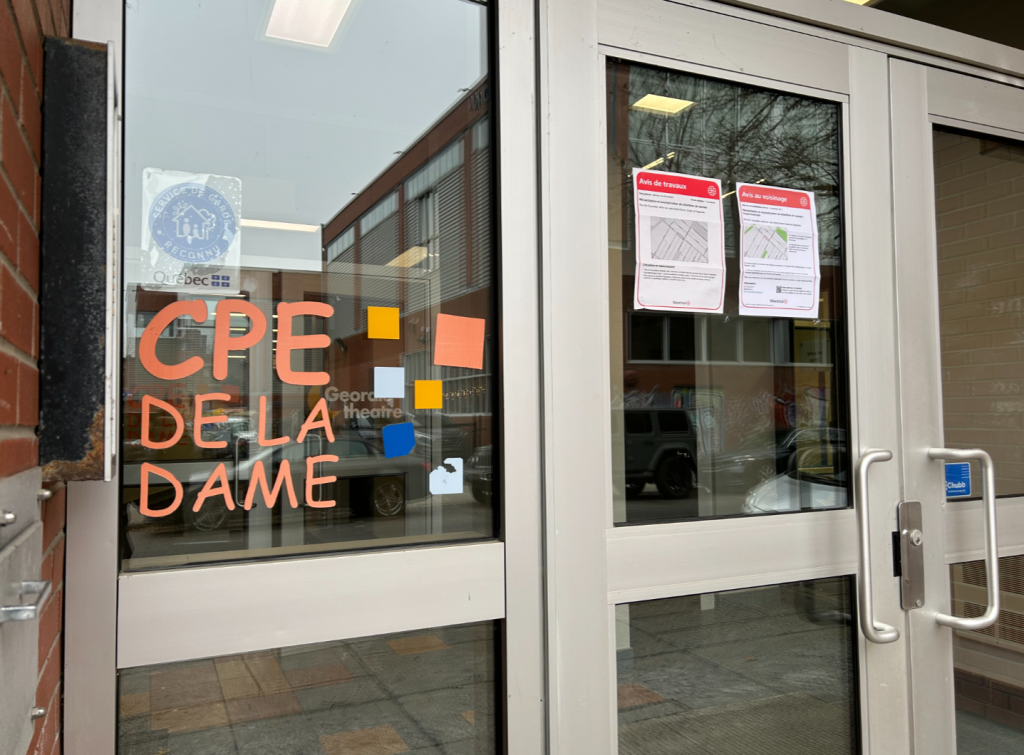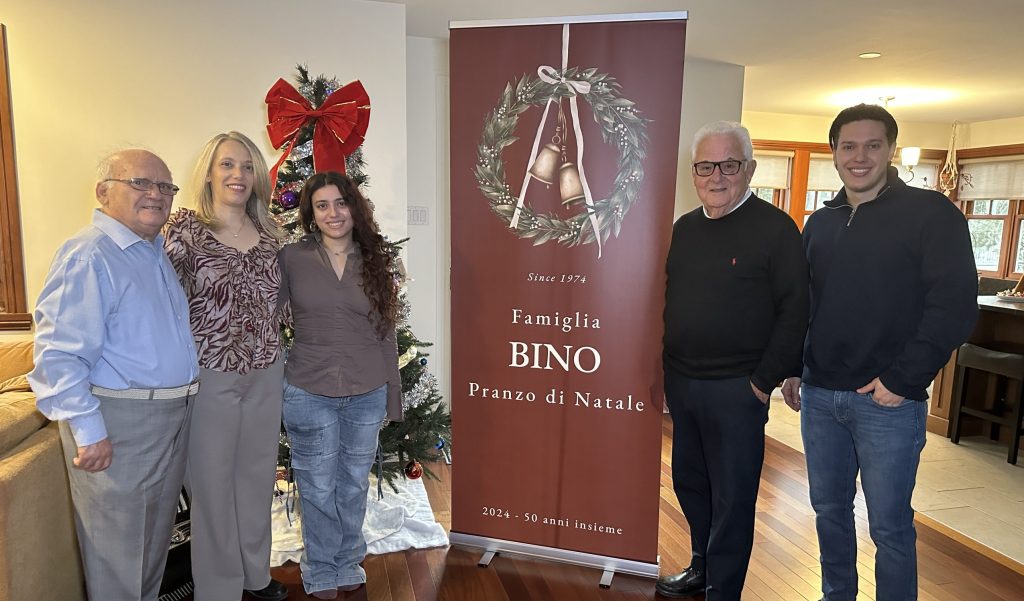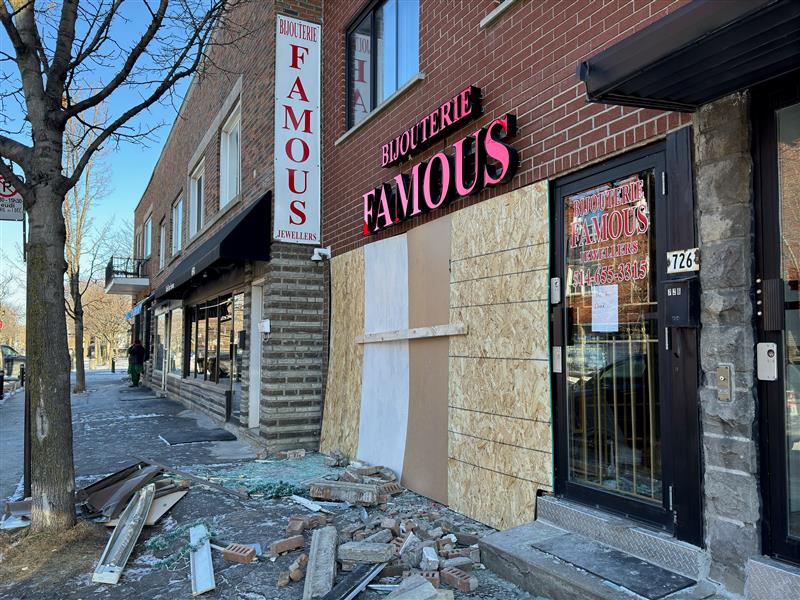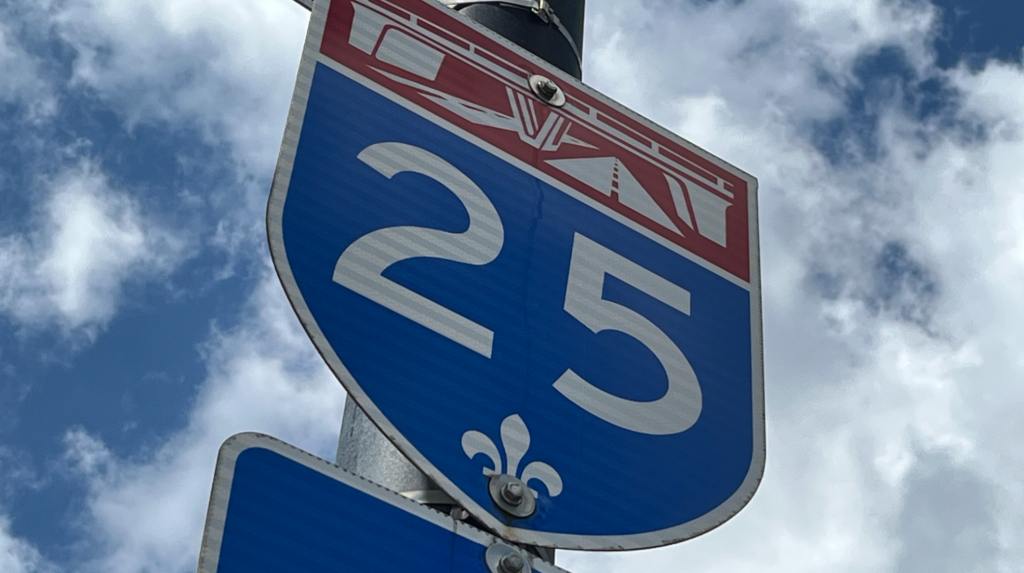Calls for more support for Inuit from northern Quebec coming to Montreal for help
Posted September 29, 2022 5:47 pm.
Last Updated September 29, 2022 6:30 pm.
Some Inuit of Quebec who leave their community up north and come down to Montreal fall through the cracks and wind up on the streets, like Annisee Papialuk.
“I really want to go back, I’m completely stuck,” said Papialuk.
She’s from Kuujjuarapik and is now over 1,000 kilometres from home in Montreal and living on the streets. Like many, she had to come for medical reasons and has stayed for over 18 years.
“I came down south cause I ended up having a broken collarbone, and I didn’t want to be in cast so I ran out, and I ended up being stuck here,” she said.
- Annisee Papialuk used to live in Kuujjuarapik and is now over 1,000 kilometres from home in Montreal and living on the streets. (Credit: CityNews / Alyssia Rubertucci)
- Annisee Papialuk used to live in Kuujjuarapik and is now over 1,000 kilometres from home in Montreal and living on the streets. (Credit: CityNews / Alyssia Rubertucci)
“Once the person gets treated here in Montreal and the contact wasn’t maintained all this time with the village and with their community, it’s very dramatic,” said Claudia Sescu, employment counselor at Ivirtivik, an organization in Verdun dedicated to the Inuit community. “Because the person finds themselves in Montreal saying, ‘Okay, my treatment is done, what am I going to do now?”
“They’re in the big city of Montreal and somehow into falling through the cracks,” said John Tessier, who has worked with the unhoused community for years. “They end up missing their flight and it’s such a culture shock from living in Montreal to living up north.”
Back in August, two young Inuk women – in separate incidents days apart – were killed after being hit by cars while they were crossing a highway near a facility they were staying, awaiting medical treatment.
READ MORE: Two Nunavik women dead in separate Montreal highway incidents
“This incident wouldn’t happen if they were informed well what life is,” said Trina Qumaluk, vice president of the board of Saturviit. “Here in Nunavik, the communities are very small and we don’t have a highway. They were just missing information and support for this not to happen.”
Advocates are calling for more support.
“More structure in the system and to communicate more and to exchange details about the profile of the person to better help,” said Sescu.
Friday marks the National Day for Truth and Reconciliation.
“If you really want to make things right, it takes supporting people in the north while they’re in the north in the first place, they shouldn’t have to come down here for minor medical procedures,” said Tessier. “They definitely need more support, more resources, more funding to help support people when they first get here, because after several years, it’s much more difficult to reintegrate to northern life.”
“If I go back, up north, the whole family is ignoring me,” said Papialuk.










